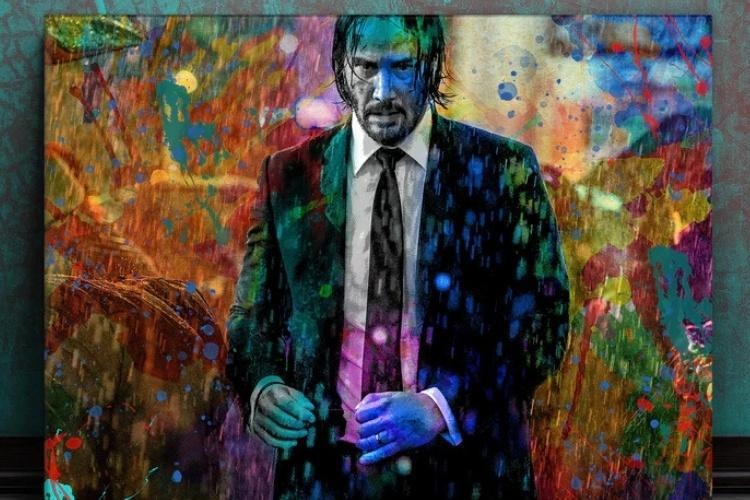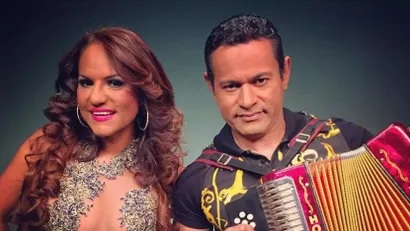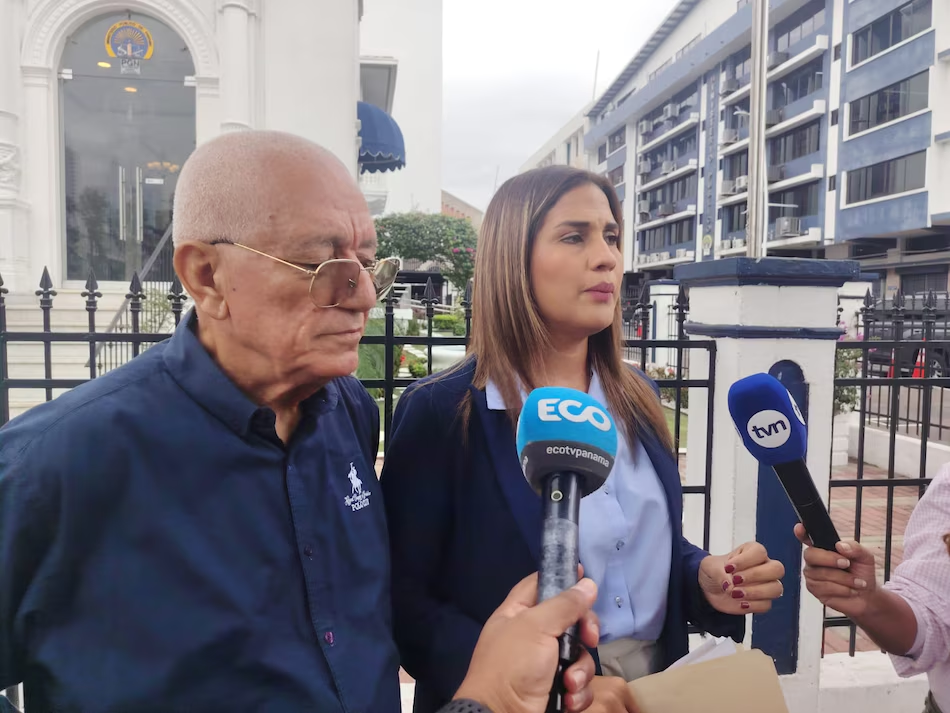New money laundering exposure rocks Panama

THE PANAMA law firm whose co-founder, Ramon Fonseca, was, until recently, a top advisor to President Juan Carlos Varela has been exposed to another scandal leading from Panama to Russian President Vladimir Putin and multiple corrupt leaders.
The story was headlined around the world on Sunday, April 3 and follows on Panama’s alleged links to the Brazilian “Car wash” bribery scandal via the Odebrecht construction company funneling bribes to Swiss banks.
It comes at a time when Panama is trying to erase its image as a tax haven and money laundering center, and the revelations have been described as the biggest ever blow to the offshore world.
The BBC reports: A huge leak of confidential documents has revealed how the rich and powerful use tax havens to hide their wealth.
Eleven million documents were leaked from one of the world’s most secretive companies, Panamanian law firm Mossack Fonseca.
They show how Mossack Fonseca has helped clients launder money, dodge sanctions and evade tax.
The company says it has operated beyond reproach for 40 years and has never been charged with criminal wrong-doing.
The documents show links to 72 current or former heads of state in the data, including dictators accused of looting their own countries.
Gerard Ryle, director of the International Consortium of Investigative Journalists.(ICIJ), said the documents covered the day-to-day business at Mossack Fonseca over the past 40 years.
“I think the leak will prove to be probably the biggest blow the offshore world has ever taken because of the extent of the documents,” he said.
- Eleven million documents held by the Panama-based law firm Mossack Fonseca have been passed to German newspaper Suddeutsche Zeitung, which then shared them with the ICIJ.
- BBC Panorama is among 107 media organisations in 78 countries which have been analysing the documents. The BBC doesn’t know the identity of the source
- Watch Panorama at 19:30 on BBC One on Monday, April4
The data contains secret offshore companies linked to the families and associates of Egypt’s former president Hosni Mubarak, Libya’s former leader Muammar Gaddafi and Syria’s president Bashar al-Assad.
It also reveals a suspected billion-dollar money laundering ring that was run by a Russian bank and involved close associates of President Putin.
The operation was run by Bank Rossiya, which is subject to US and EU sanctionsfollowing Russia’s annexation of Crimea.
The documents reveal for the first time how the bank operates.
ments has revealed how the rich and powerful use tax havens to hide their wealth.
Money has been channeled through offshore companies, two of which were officially owned by one of the Russian president’s closest friends.
Concert cellist Sergei Roldugin has known Vladimir Putin since they were teenagers and is godfather to the president’s daughter Maria.
On paper, Mr Roldugin has personally made hundreds of millions of dollars in profits from suspicious deals.
But documents from Mr Roldugin’s companies state that: “The company is a corporate screen established principally to protect the identity and confidentiality of the ultimate beneficial owner of the company.”
Mossack Fonseca data also shows how Icelandic Prime Minister Sigmundur Gunnlaugsson had an undeclared interest in his country’s bailed-out banks.
Mr Gunnlaugsson has been accused of hiding millions of dollars of investments in his country’s banks behind a secretive offshore company.
Leaked documents show that Sigmundur Gunnlaugsson and his wife bought offshore company Wintris in 2007.
He did not declare an interest in the company when entering parliament in 2009. He sold his 50% of Wintris to his wife for $1 (70p), eight months later.
Mr Gunnlaugsson is now facing calls for his resignation. He says he has not broken any rules, and his wife did not benefit financially from his decisions.
The offshore company was used to invest millions of dollars of inherited money, according to a document signed by Mr Gunnlaugsson’s wife Anna Sigurlaug Pálsdóttir in 2015.
In addition, Mossack Fonseca supplied a front man who pretended to own $1.8m, so the real owner could get the cash from the bank without revealing his identity.
Mossack Fonseca says it has always complied with international protocols to ensure the companies they incorporate are not used for tax evasion, money-laundering, terrorist finance or other illicit purposes.
The company says it conducts thorough due diligence and regrets any misuse of its services.
“For 40 years Mossack Fonseca has operated beyond reproach in our home country and in other jurisdictions where we have operations. Our firm has never been accused or charged in connection with criminal wrongdoing.
“If we detect suspicious activity or misconduct, we are quick to report it to the authorities. Similarly, when authorities approach us with evidence of possible misconduct, we always cooperate fully with them.”
Mossack Fonseca says offshore companies are available worldwide and are used for a variety of legitimate purposes.





